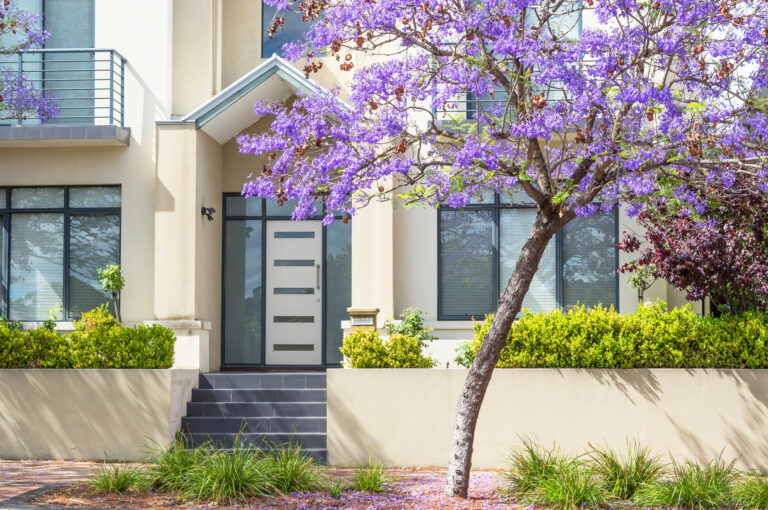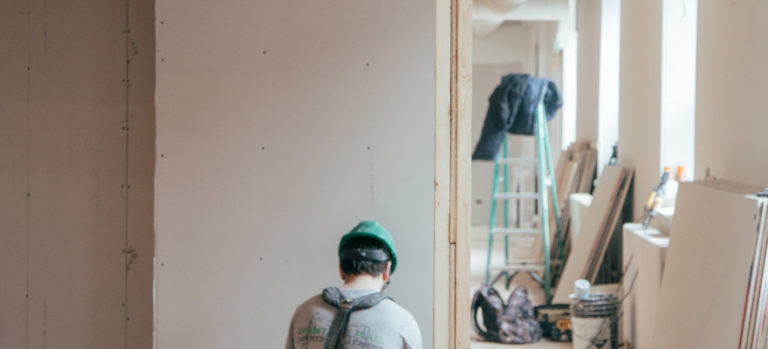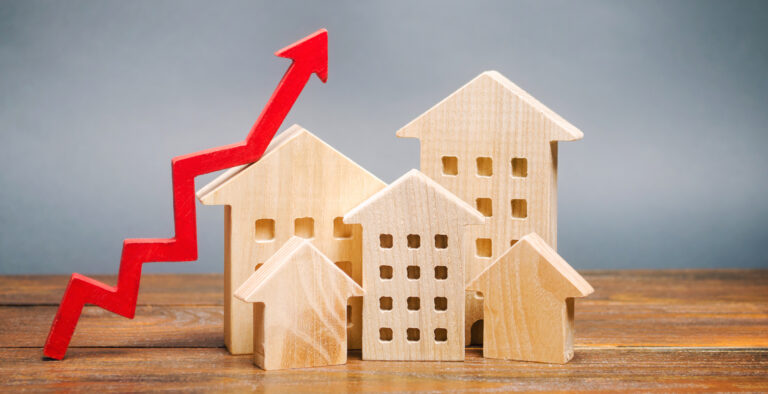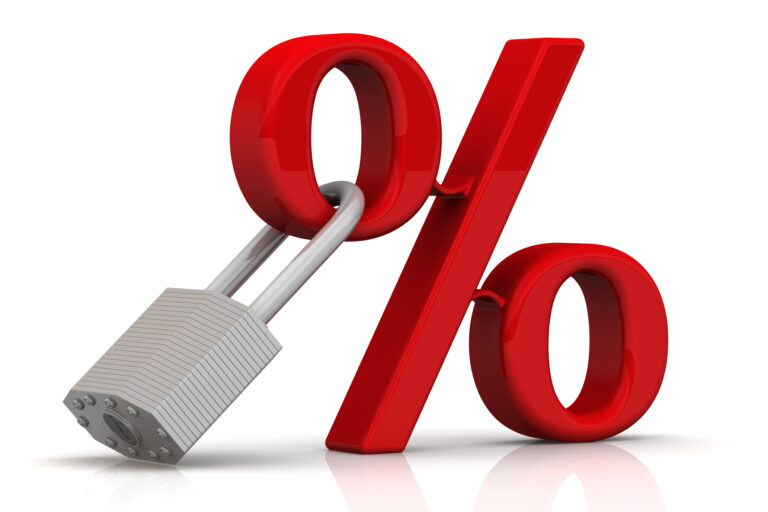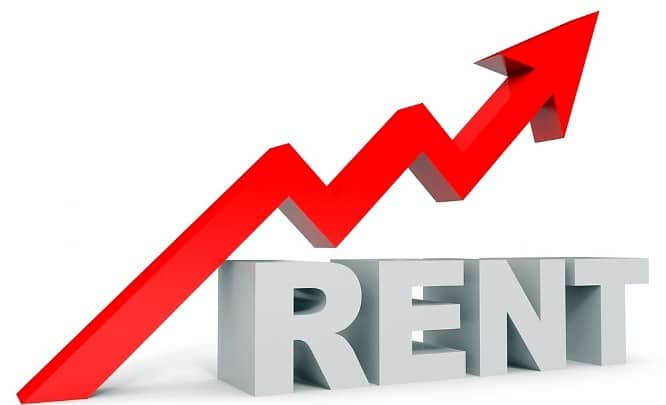Continued high migration to Queensland, particularly from southern states, is tipped to push the population to six million people within five years. The Federal Budget predicts 41,000 people will move to Queensland in the current financial year, almost double the increase that was predicted just a year ago. At the same time, NSW is predicted to lose about 40,000 people, and Victoria is tipped to lose more than 17,000 people. Real Estate Institute of Queensland chief executive Antonia Mercorella says the growing population will lead to increased demand for housing at a time of delays and shortages. She says it will be a challenge for governments to ensure housing and infrastructure keep pace with the predicted population growth. According to University of Queensland human geography lecturer Elin Charles-Edwards, the last time migration was so high was in the early 2000s. “It’s mostly concentrated in the south-east corner of the state,” Charles-Edwards says. “Where one place is losing, it’s usually to Queensland’s net benefit.”
Gold Coast Land Values Rise 37%
Gold Coast land values are on the way up, with new land valuation figures showing substantial increases across the city. The valuation data shows typical land values on the Gold Coast increased by 37% on average, rising from $350,000 to $480,000. There are 17 suburbs where the land values increased by more than 50%, with Palm Beach the highest recording an increase of 75%. In Burleigh Heads values increased 66%, Burleigh Waters and Merrimac 60% and Currumbin 59%. The Valuer-General report says increases are due largely to the “overall confidence and strong demand throughout the property sector”. Interstate migration and investment, a shortage of available stock and low interest rates have all contributed to land values increasing. “The multi-unit residential lands, especially within prime waterfront localities, have increased significantly,” the report says. “This was particularly evident in the southern part of the coast due in part to the ongoing progression of stages three and four of the Gold Coast light rail.”
Quote of the Week
“It’s not enough for political parties to simply offer piecemeal funding for affordable housing when there is currently a critical undersupply of rental properties that was written in the cards in 2017 when lending restrictions came into play.”
Property Investment Professionals of Australia (PIPA) chair Nicola McDougall
Politicians Must Address Rent Crisis
With residential vacancy rates at an all-time low and rents rising, the property industry has called for whichever party wins government to address the rental shortage crisis. Property Investment Professionals of Australia (PIPA) chair Nicola McDougall says vacancy rates are at 16-year record lows as a result of below[1]average investor activity in the past five years. CoreLogic analysis shows investors accounted for 32.6% of mortgage demand by value in January 2022, up from a recent record low of 22.9%, but still below the decade average of 34.9%. McDougall says the main reasons investors have not been buying is because of the lending restrictions imposed by banks and other disincentives by state and federal governments. “It’s not enough for political parties to simply offer piecemeal funding for affordable housing when there is currently a critical undersupply of rental properties that was written in the cards in 2017 when lending restrictions came into play,” she says. She called for sustainable policies to increase the supply of rental properties
Australia Tops House Price Growth
Australian house prices grew faster than anywhere else in the world in 2021, according to new data from Knight Frank. Its Global House Price Index shows that house prices across the world increased at their fastest rate in almost 18 years, up by an average of 10.3% in 2021. Australia had the highest rate of real annual price growth, with an average 17.5% growth. The report on 56 international housing markets tracks unadjusted values as well as “real” values with inflation accounted for in local currencies. The top five countries for price growth in 2021 were; Australia, Turkey, New Zealand, Czech Republic and Slovakia. Only Malaysia, Malta and Morocco experienced a decline in nominal house prices in 2021. “The 10 markets that have witnessed the strongest increase in house prices since the start of the pandemic are largely developed markets where governments stepped in to support economies, and in some cases, housing markets via mortgage holidays or subsidy programs,” it says


